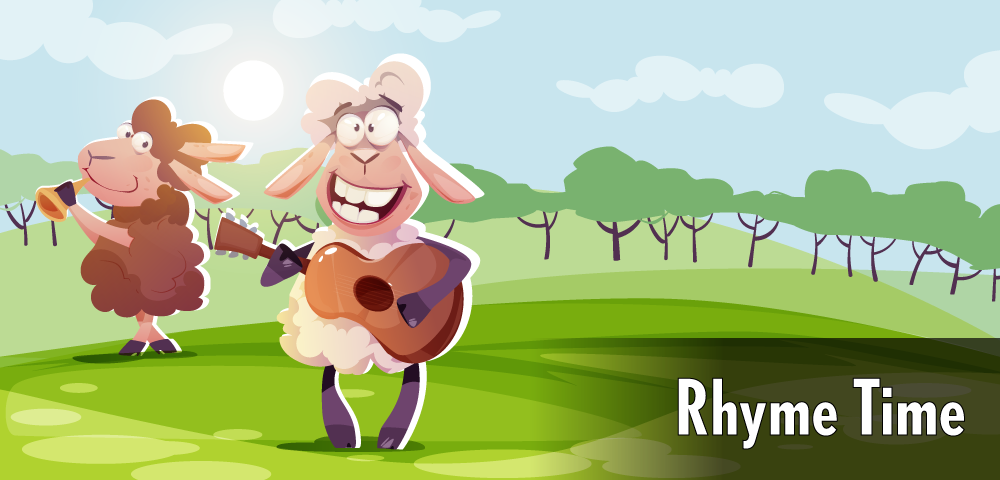
Singing and Playing with Young Children
By Amy Darger-Stewart, FCPL Early Literacy Assistant
“Mary Had a Little Lamb.” “Frère Jacques.” “Duérmete Mi Niño.” No matter what culture you come from, there are songs and rhymes with the ability to instantly take us back to the fond memories of childhood. But why is that?
Young children learn language in many ways and one prominent way is through nursery rhymes. Parents have been singing with babies, while bouncing and swaying, as long as there have been babies. From soothing fussy little ones to teaching to being a way to have fun together, nursery rhymes are excellent for engaging with even the smallest of children. They are also a great learning opportunity. These songs can help children with fine and general motor skills, numeracy, creativity and understanding their world.
The rhythm and repetition of nursery rhymes are especially beneficial when it comes to communication and language development. Researchers from the University of Cambridge and Trinity College Dublin found that until seven months of age, babies learn language from rhythmic information – the stress or emphasis on different syllables of words and the rise and fall of tone – rather than phonetic information – the smallest sound elements of speech, typically represented by the alphabet.
When it comes to introducing nursery rhymes to your child, there are not many rules. If you are looking for guidelines or tips when it comes to singing with your child, we suggest:
- Use silly voices as another way to engage your child in a rhyme.
- Find rhymes that repeat to help your child learn and remember it.
- Bounce your child while singing to help them feel the rhythm.
- Point to the body parts during rhymes to help your child learn the names and add fun.
- Make up your own rhyme. Silly rhymes are sure to quickly become a family favorite.
Finding ways to spend enjoyable time with your children is important for everyone involved and nursery rhymes are a fun and easy way to accomplish this. So, what are you waiting for? It is time to rhyme!

